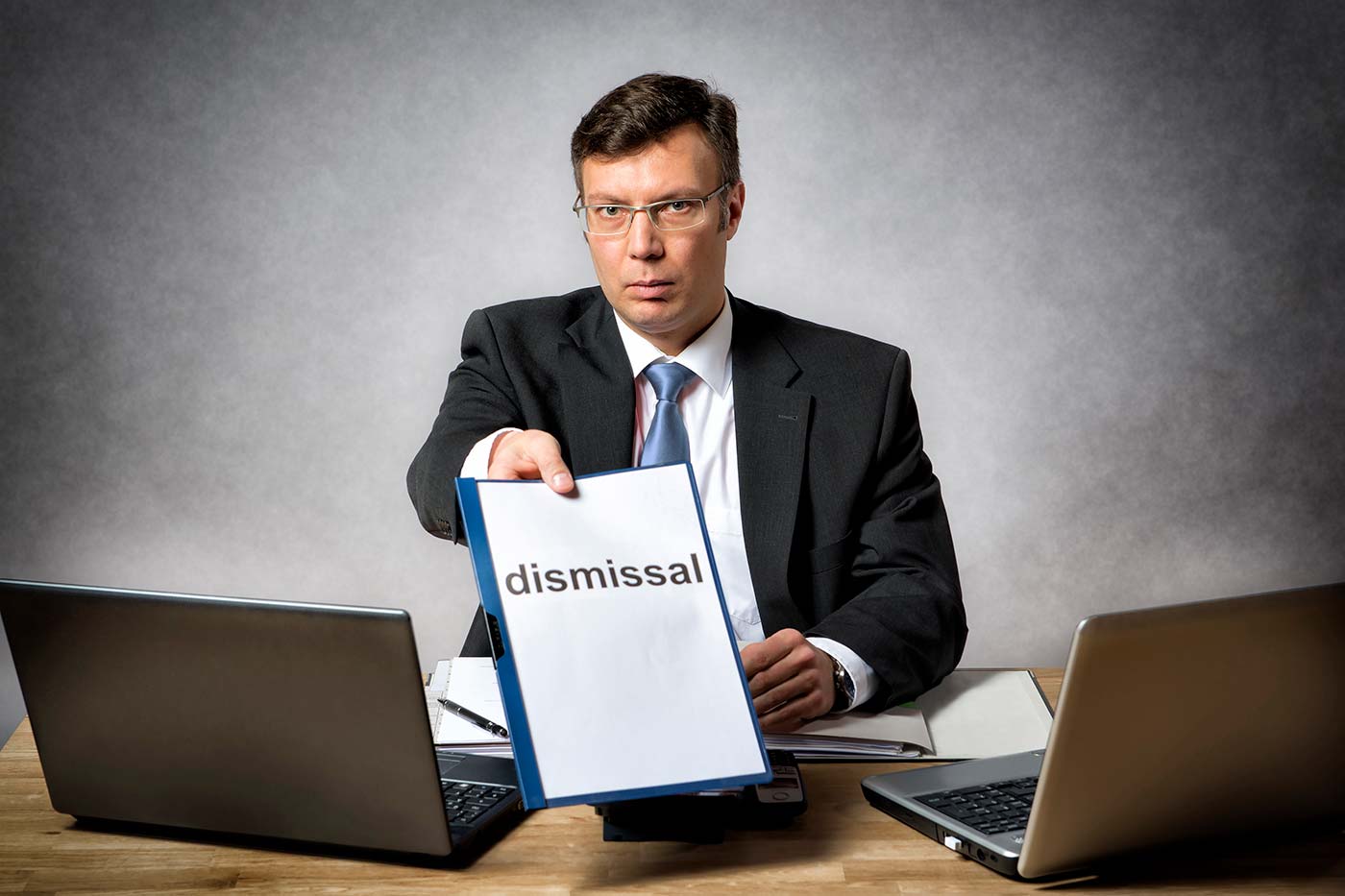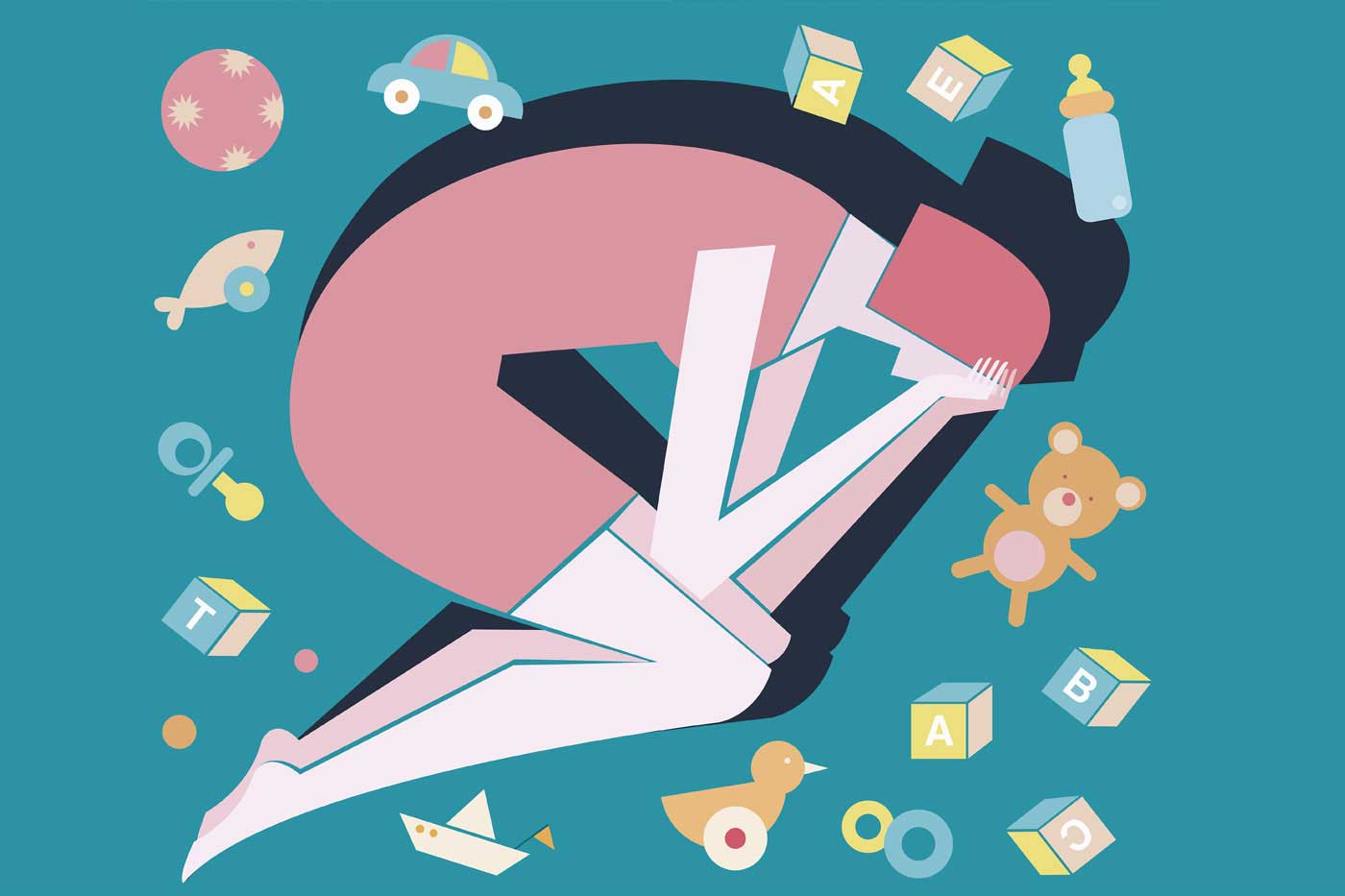We too here at HR Solver notice a high degree of our users report experiencing mental health problems relating to work, so in this article we are focussing on what you can do to help keep a healthy mind at work. Let’s start with:
Being Active
It is well recognised that activity levels play an important part in good mental health. Engaging in exercise helps release positive chemicals (endorphins) in to our brains which help us feel good and energised and increase our overall sense of wellbeing. But thinking about work, how can you incorporate being active in to your working day when so many of us have sedentary jobs?….
- What about taking a brisk walk out in the open at lunch time. You could do this by yourself or with colleagues or perhaps there are already established “bums off seats” groups where you work?
- What about opting to take the stairs instead of the lift?
- Or walking elsewhere in the building to where someone works instead of phoning or emailing them?
- Could you maybe rethink the way you get to or from work? While not everyone has the luxury of being able to walk or cycle to/from work, could you consider parking further away so that you can include a brisk walk the remainder of the way in to/back from work, or how about getting off the bus or train one stop earlier?
- If you work somewhere that there are lots of facilities nearby, perhaps you could take up an exercise class, do a workout at the gym or go for a run, during your lunch hour?
- Not all jobs offer that flexibility during the day, so perhaps you could try getting up an hour earlier once or twice a week and starting your day with a workout/run/cycle before getting to work.
The benefits to our mental health of being active shouldn’t be under estimated.
Taking Notice
There was a lot of press in previous years about the benefits of mindfulness to our mental wellbeing. One of the key principles of mindfulness, that can also be a positive thing to integrate in to your working day, is to be consciously present or take notice. By this we mean to really ‘be aware’ of what is taking place ‘in the moment’. You don’t need to meditate for 30 minutes a day to achieve this, the benefits to our mental health can be reaped in far less committed time. Finding slots of time in our days creatively can enable us to practise the principles of mindfulness during our working days, for example you could:
- Stop for a moment and take some time to simply enjoy the moment and the environment around you.
- Spend just a one minute consciously taking notice of one of your senses. If you can tune in to this at a time of particular pressure at work, it can help to rebalance things and improve your sense of wellbeing.
While you’re practising doing these things another powerful tool from mindfulness habits to try and integrate in to your every day is the ability to:
- Embrace acceptance – this is a particularly mindful thing to be able to do, it’s not always as easy as it sounds, but it’s certainly worth giving it some thought, as sometimes the ability to simply accept what you can’t change and also to accept yourself, can have a hugely positive impact on your mental health.
So, acceptance, is taking the concept of being in the moment a step further and not just being conscious of the moment but also accepting it just as it is. Translating this in to a work scenario imagine you’ve missed that important deadline, that is a fact. It has already happened and there’s nothing you can do to change it. Being able to embrace the spirit of acceptance allows you to move forward and work on dealing with the situation, learn from the mistakes you’ve made and move on. If you instead allow yourself to fester and stew over the missed deadline this can lead to ‘avoidance’ e.g. missing the team meeting, or ‘denial’ e.g. missing even more deadlines or ‘aggression’ e.g. venting frustration or anger at colleagues unnecessarily thus affecting team motivation or relationships. Much better to accept what’s happened and change what happens next.
Healthy Eating
Yes ok, so this topic generally get’s some eye rolling and a perhaps a cursory glance, but give it a moment’s thought, as perhaps there is some truth in the saying ‘we are what we eat’. Given that many of us spend large parts of our day at work, we’re also eating at least one meal, if not some snacks too, while we’re at work. So, why not try making small changes in what you’re eating at work to aim for a healthy balanced diet and you may find you’ll experience an improvement to your mood and general sense of wellbeing. Perhaps you could:
- Aim to eat slow release foods such as things like oats, wholegrain pasta; rice; bread and cereals, nuts and seeds. By introducing slow release foods in to your working day it will help to keep your blood sugars stable and by doing this you may find it helps you feel less irritable; depressed or tired.
- Avoiding those sugary snacks will also help – while of course they’re the things we crave and get lots of satisfaction from eating, they don’t always help our mood. If you find it hard to avoid them altogether why not change when you have them, instead of reaching for that chocolate bar as your mid-afternoon snack, why not tag a small sugar hit on to the end of your lunch and swap your afternoon snack for a piece of fruit, which leads us nicely to the next point:
- Eating healthily of course means fresh fruit and veg – eating these kinds of foods during your working day will help provide you with the nutrients and vitamins your body needs to help keep you mentally healthy. Aim for a rainbow of colour in your choice of fresh fruit and veg.
- As well as healthy eating, it’s just as important to drink too… water, water and more water. You should be drinking plenty throughout the day.
You probably won’t notice any changes overnight, but stick with it and your mind and your body will benefit from healthy eating at work.
To finish our article let’s talk!
Talking
There is much evidence that we benefit greatly from social interaction and connecting with others. In fact, social interaction is a pretty fundamental human need. Thinking about this in the context of keeping a healthy mind at work, perhaps you could try one of these ways of introducing talking or a new interaction in to your working day and see how good it makes you feel:
- Use your break time to speak to someone, maybe ask how their weekend or evening was and really pay attention to what they say.
- Talk to someone new.
- Take a wander and go and talk to someone instead of sending that email – that will get you active as well as interacting and talking!
- Take a walk with a colleague during your lunch break (more activity!) and chat while you walk.
We really hope that you can take something from this article that will help you to keep a healthy mind at work. And remember if you’ve any work related issues that are impacting your mental health we’re available to chat and get advice.

FREE GUIDE to determine if you have a good Employment tribunal Case
Not sure if you have a strong case or even any case at all for an employment tribunal?
Not sure if you should make a fuss? Feel lost and unsure? Download our free guide and in less than 5 minutes you'll know the answers and if you have a claim that might be worth something.

How to write a powerful appeal letter so your employer takes you seriously.
Learn how to create a powerful appeal letter which makes your employer really consider your case and understand that you are a force to be reckoned with...even if you are no good at letter writing.
If you have been dismissed unfairly (sacked) or issued with a disciplinary warning with no process this detailed and effective training enables you to write a powerful appeal letter. Includes, templates, timelines and training.

online interview coming up?
Online interviews are definitely the future! If you need to reset your confidence levels for an online interview and not sure how to engage this course is for you. We cover the mindset and technology that you need to be successful and of course all the questions and the best responses and how to beat all the other candidates to the job. Plus there is an amazing session by a LinkedIn expert on how to impress and update your LinkedIn profile.
online interview coming up?
Online interviews are definitely the future! If you need to reset your confidence levels for an online interview and not sure how to engage this course is for you. We cover the mindset and technology that you need to be successful and of course all the questions and the best responses and how to beat all the other candidates to the job. Plus there is an amazing session by a LinkedIn expert on how to impress and update your LinkedIn profile.

FREE Disciplinary Meeting Checklist Download
Never been to a disciplinary meeting? You're not alone! It's a scary thought. Worried about it being fair, how to act, what to say, what not to say and how to prepare? Download our free checklist so you go into the meeting feeling prepared, confident and able to challenge effectively. Our checklist will prepare you with everything you NEED to know.

redundancy APPEal Letter template
Need to appeal your redundancy but not sure what to say and how to start? If you feel your redundancy was a sham or that redundancy has been used as an excuse or the company has not followed the lawful redundancy procedure. Download our quick and easy to use letter template an have your appeal letter ready in less than an hour. You'll write a professional, legally correct appeal letter stating your case intelligently. It is so easy to use as we've done all the work for you! Plus you can get support from a redundancy expert!





